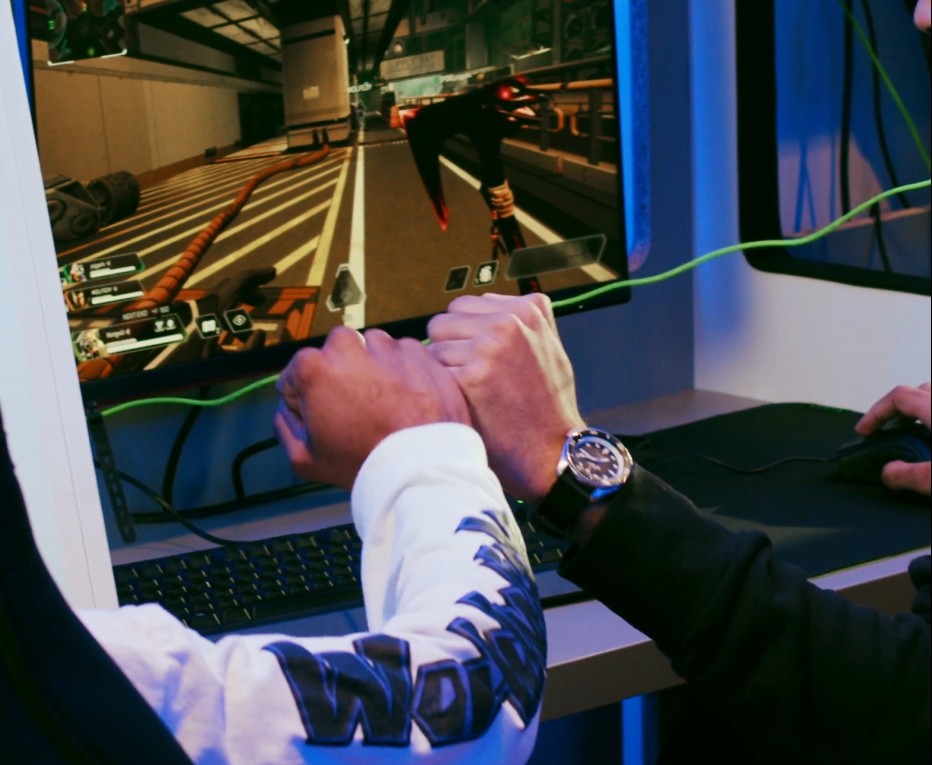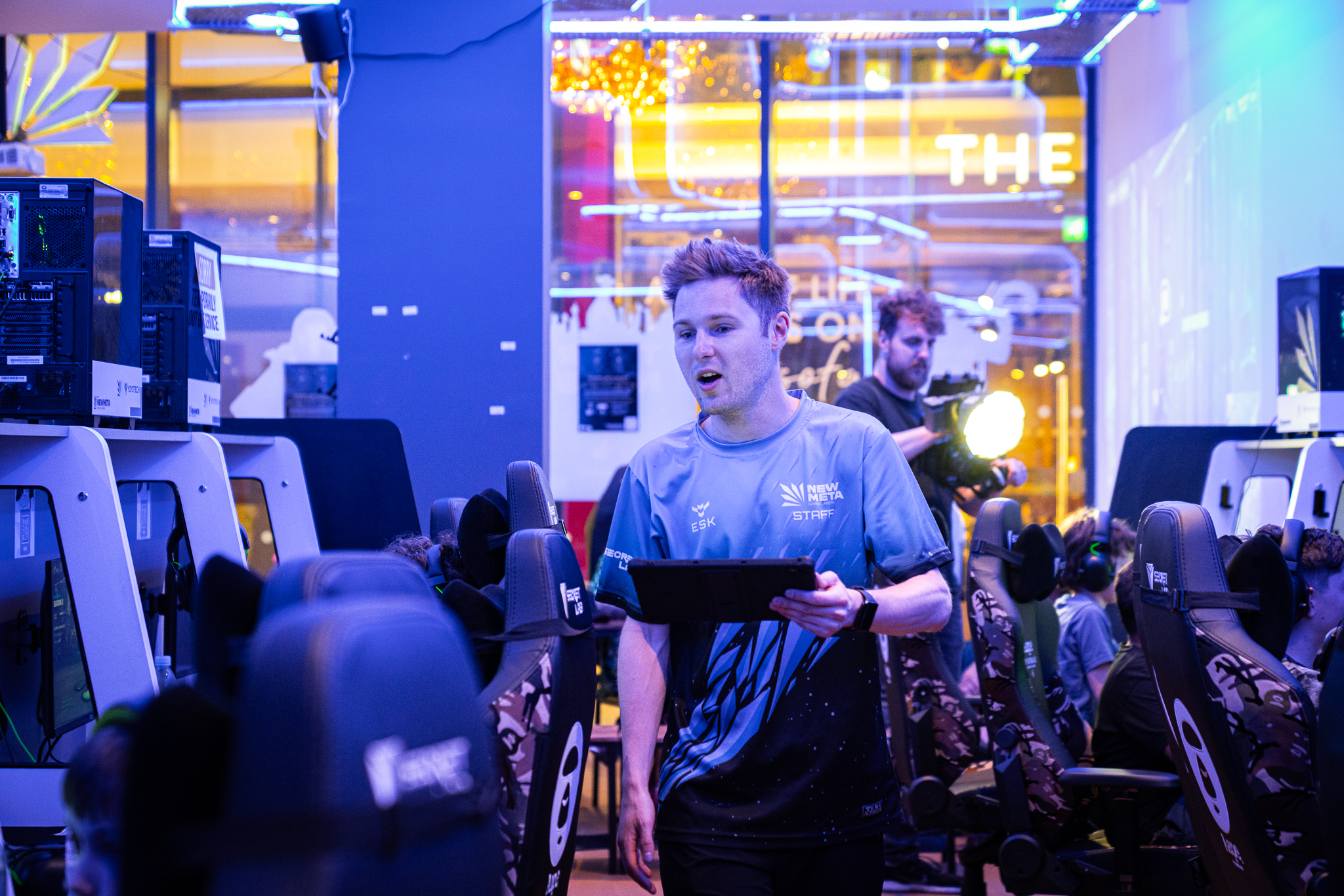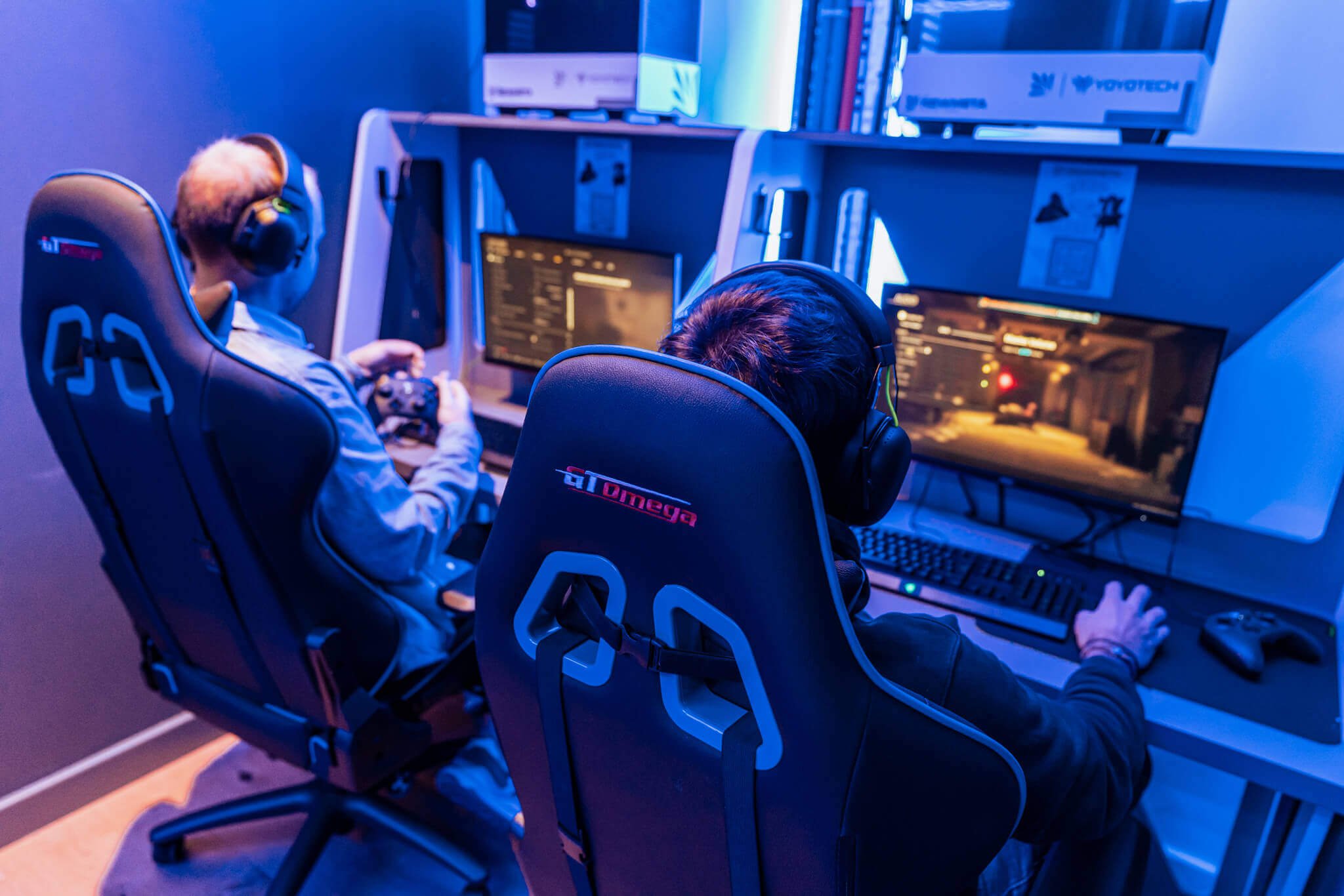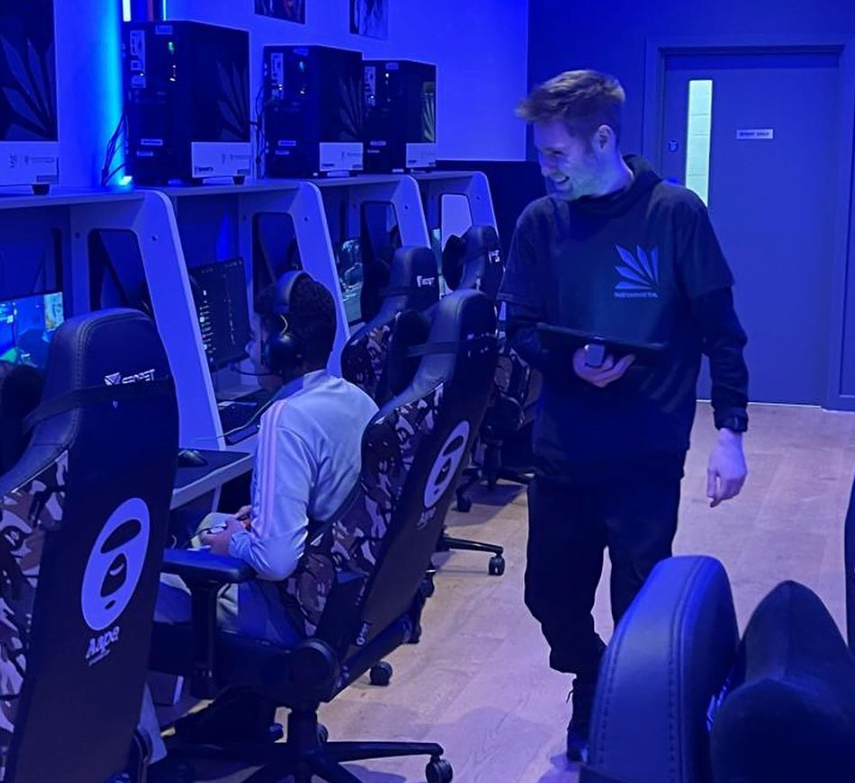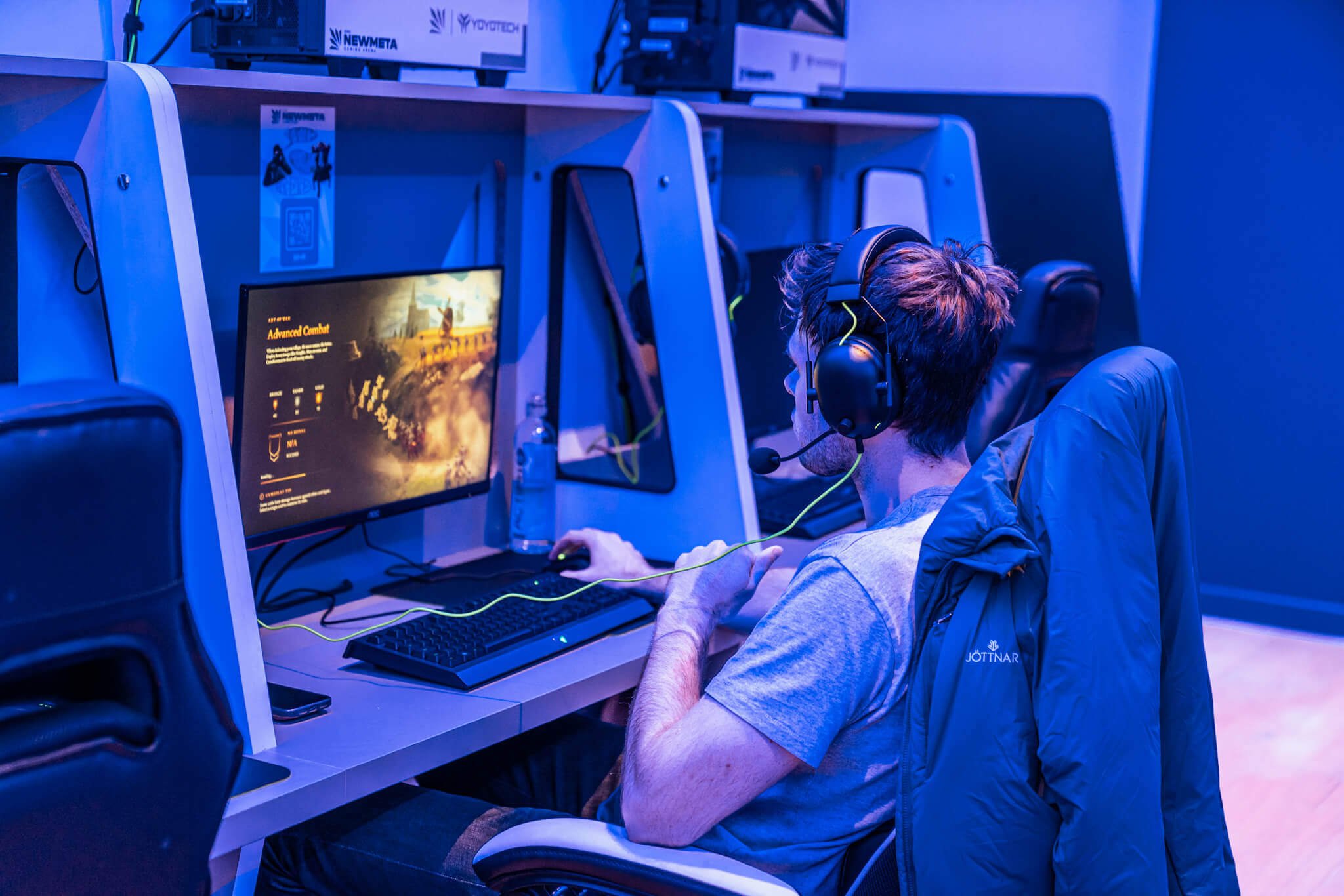The History and Evolution of Esports and Its Impact on Culture and Society
In the annals of entertainment history, few phenomena have mirrored the meteoric rise and profound influence of competitive gaming or eSports. From humble beginnings in local arcades to massive arenas and online streaming platforms, competitive gaming has etched its place into the very fabric of global culture and society.
Early Days of Esports: The 1970s to the 1990s
The inception of eSports can be traced back to the late 1970s, with the first recognized video game competition, “The Intergalactic Spacewar Olympics,” taking place at Stanford University in 1972. As arcades sprouted across cities, so did the spirit of competition. By the late 1980s and 1990s, titles such as “Street Fighter” and “Doom” held tournaments, fostering a nascent gaming community. The significance of these games cannot be understated; they laid the foundational bricks for an industry on the brink of explosion.
The 2000s: The Age of Connectivity
The advent of the internet in the late 90s and early 2000s brought about seismic shifts. South Korea, with its blazing fast internet, became the epicenter of the eSports world, producing gaming titans and televised tournaments. Games like “StarCraft” drew colossal audiences, and players started to gain celebrity-like status. Meanwhile, in the West, the “Major League Gaming” circuit took off, giving North American players a platform to compete.
Streaming Platforms and Global Expansion
The 2010s heralded a new era for eSports. Streaming platforms like Twitch allowed gamers to broadcast their gameplay, making competitive gaming more accessible than ever before. Major titles like “League of Legends“, “Dota 2“, and “Counter-Strike: Global Offensive” had multi-million dollar prize pools, attracting a new wave of aspirants looking to make gaming their profession. With viewership rivaling traditional sports, eSports had undeniably gone mainstream.
Impact on Culture and Society
Beyond just the screens and arenas, eSports has left an indelible mark on culture and society:
- Economic Surge: The eSports industry, now valued in billions, has created jobs ranging from players, coaches, broadcasters, to marketing and event management professionals.
- Mainstream Acceptance: Colleges now offer eSports scholarships. Places like the Olympics have started conversations around including competitive gaming.
- Cultural Icons: Players like Faker, Ninja, and Bugha have become household names, earning endorsements and media appearances typically reserved for traditional athletes.
- Community Building: eSports events, both online and offline, have united people globally, breaking barriers of language and geography.
- Challenges and Dialogues: Like any industry, eSports has faced challenges like burnout, mental health concerns, and diversity issues. These challenges have sparked important conversations about wellbeing and inclusivity in the gaming world.
The Horizon Ahead
With advancements in virtual reality, augmented reality, and the continuous evolution of gaming platforms, the future of eSports is not only promising but also limitless. As competitive gaming continues to embed itself in the mainstream, it’s evident that its cultural and societal influence will continue to grow, pushing boundaries and reshaping the entertainment landscape. History of Esports is a rich one, but it’s only just starting. So strap on for the fun ride!


